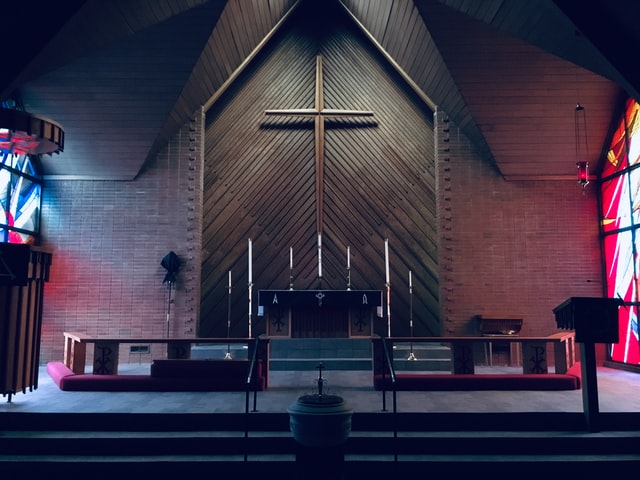As I write this, we are several weeks into a global pandemic. So much has changed across the world from just two months ago! The 2020 Olympics have been postponed for a year, professional sports have been halted, social gatherings are no more, and millions of businesses have been shuttered to slow the spread of COVID-19. Under the order of governments around the world, churches also are not gathering. Instead, we are sheltering at home, attempting to wait out this crisis.
For several weeks now, church leaders have been scrambling to respond to this new reality. We have live-streamed our sermons, done small groups and prayer meetings via videoconference, and looked for ways to continue to be the church without being able to gather together physically.
For the most part, the church has always gathered. How can the church even continue without physically gathering together? How can we keep going in gospel work, provide pastoral care, serve our neighbors, and maintain our involvement in mercy ministry when we can’t meet?
First, know that you are not alone as you navigate this. Jesus promises to be with us “even to the very end of the age” (Matt. 28:20). And we’re part of a wider community of believers even though we must be socially distant for now. We are in this together.
Next, I want to provide you with a roadmap for writing a plan during this pandemic. Let’s start with your short term plan.
Short Term Plan – The Next 60 Days
Forget about what you were doing six months ago. Nearly everything has changed. We are in an unprecedented new era, and none of us took seminary classes for this. You need a right-away plan for the next 60 days. It doesn’t have to be a perfect plan. Any plan is better than no plan!
Your short-term, 60-day plan should include the following areas:
- Weekly gathering: How are you virtually gathering your church family together every week to worship? Is what you’re doing working?
- Daily presence: How are you maintaining daily presence in the lives of your people? Is anyone falling through the cracks? Make texts and calls a priority. Now is the time to step up and shepherd your people well, even if you can’t leave your house.
- Groups: How will your community groups continue to care for one another and meet? Do your leaders have the tools they need to lead effectively? Are you caring for leaders well?
- Families: How will you equip families in your church and resource them to engage well with each other?
- Finances: What changes will you need to consider, financially? How can you call people to generosity but also be aware of ongoing needs? Will you need to increase benevolence funds, as many people will be in need and may be going without pay in the next few weeks? Will you need to devote significant funds to meeting community needs?
- Member care: How can you continue to pastorally care for and shepherd your people, even from a distance?
- Community care: Do you have a strategy for helping serve and meet needs in your local area?
- Communication plan: How will you communicate with your members? Remember that they are also uncertain and probably fearful. They need to know that their church is making wise decisions in response to this changing situation day by day.
Every church will also need an intermediate plan for when society begins to re-open, and a long term plan for post-pandemic life. But the first thing to do is to get your 60-day plan in place, evaluate and adjust weekly.
Remember, above all, that everything is in the good and loving hands of our Father. Virus or no virus, he will keep us.
You can write a spotless plan and deploy the right people to the right tasks. But “unless the Lord builds the house, the builders labor in vain” (Ps. 127:1). Keep looking to Jesus in all of your efforts. Even (especially) in these chaotic times, may we be those who know the satisfaction of working and planning for the Lord and enjoy the peace of resting in his good control.







